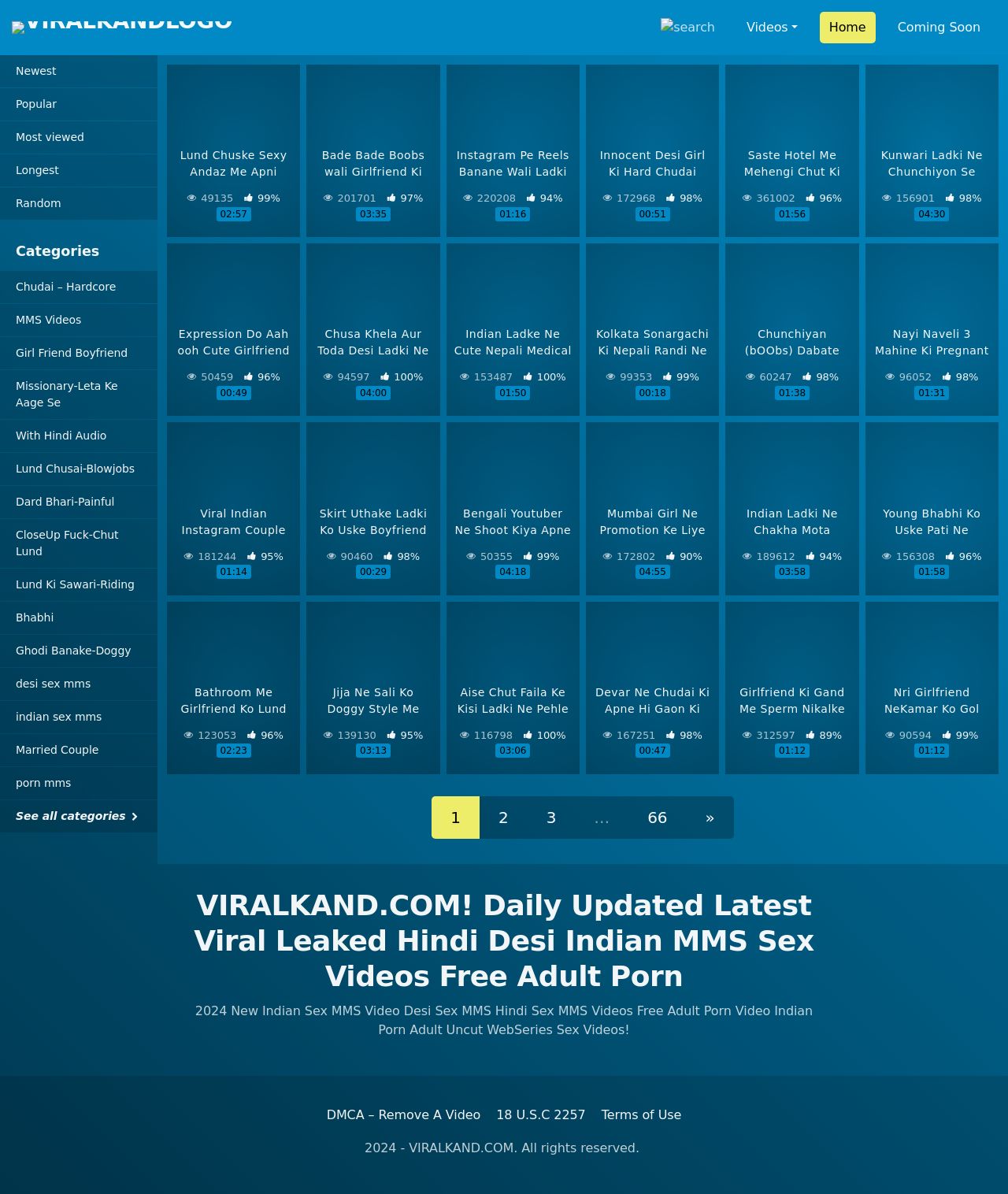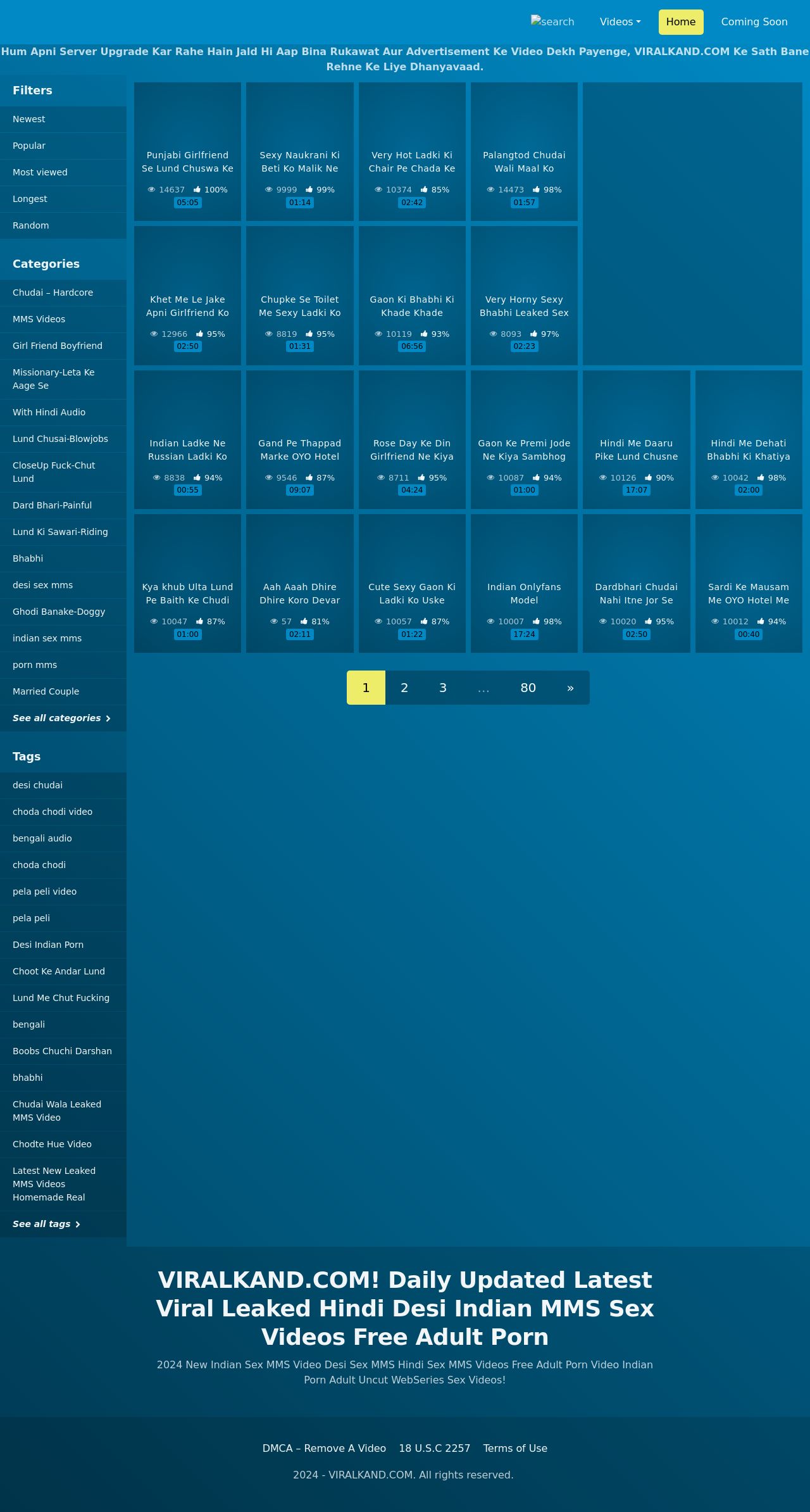Are we truly, as a society, prepared to confront the pervasive nature of sensationalism and its impact on our collective consciousness? The relentless pursuit of "viral" content, often at the expense of accuracy, context, and ethical considerations, is reshaping how we consume information and understand the world around us.
The digital landscape has become a breeding ground for content that prioritizes fleeting attention over substantive engagement. The rise of platforms dedicated to disseminating "viral news" and trending topics has created an ecosystem where narratives can be distorted, facts can be obscured, and genuine human experiences can be reduced to clickbait. This phenomenon extends beyond simple entertainment; it influences our perceptions of social issues, shapes political discourse, and can even incite real-world harm.
In the realm of entertainment, the horror genre offers a stark reflection of this trend. Remakes, reboots, and reimaginings are commonplace, with studios constantly seeking to tap into existing fan bases and capitalize on established properties. Piranha 3D, a modern take on the 1978 cult classic, exemplifies this tendency. While the film aims to update the original for contemporary audiences, its success hinges on its ability to capture attention through spectacle and sensationalism, rather than through nuanced storytelling or thematic depth. It is, in many ways, a product of the same forces that drive the "viral" content phenomenon.
Let's delve into the digital space and examine the platforms and content that are dominating our feeds. Sites like viralkand.pro and viralkand.com, which claim to deliver the latest "viral news" in various languages, are emblematic of this shift. While these platforms may tout a "safety reputation score" of 80, as some analyses suggest, the true implications of their content remain shrouded in ambiguity. This raises critical questions about content moderation, the potential for the spread of misinformation, and the overall impact on the information ecosystem.
The propagation of such content highlights the need for media literacy and critical thinking. Consumers must become adept at discerning credible sources from those that prioritize sensationalism. This involves scrutinizing the origin of information, verifying facts, and considering the potential biases of the platforms and individuals involved. Only then can we begin to navigate the digital world with a greater degree of awareness and resilience.
To better understand the dynamics of information dissemination and consumption, let's consider the case of a prominent figure who has played a role in shaping public discourse. Lets imagine this individual is named "Alex Johnson," a fictional journalist who has dedicated their career to investigative reporting and media analysis. Here's some fictional bio data, and more that could potentially apply.
- Aagmaalrun Your Ultimate Guide To Financial Success
- South Indian Films Dubbed In Hindi Where To Watch More
| Category | Details |
|---|---|
| Full Name | Alex Johnson |
| Date of Birth | July 15, 1978 |
| Place of Birth | New York City, USA |
| Nationality | American |
| Education | Columbia University - Bachelor of Arts in Journalism |
| Career | Investigative Journalist and Media Analyst |
| Notable Works | Series of articles on social media manipulation, analysis of trends in "viral" content, and in-depth reports on the impact of misinformation campaigns. |
| Awards and Recognition | Pulitzer Prize for Investigative Reporting (2015), Several awards for outstanding journalism and media analysis. |
| Focus Areas | Media literacy, disinformation, content moderation, social media, viral content, and the impact of technology on society. |
| Current Affiliation | Independent Journalist, Contributing Analyst for various media outlets. |
| Website (Example) | www.examplejournalist.com |
The influence of individuals like Alex Johnson, though fictional in this instance, highlights the need for balanced and informed reporting. The media landscape is filled with a multitude of sources, from mainstream news outlets to independent bloggers and social media influencers. The key is to critically evaluate the information, consider the source, and seek out multiple perspectives to form a comprehensive understanding. News sources like NDTV India offer a variety of content, including "viral news" (vaayaral nyooz) and trending topics, but it's imperative to approach such content with a discerning eye, especially when encountering translated content.
The concept of "viral" news itself presents a complex challenge. The speed at which information spreads online, coupled with the algorithms that prioritize engagement, can contribute to the rapid dissemination of sensationalized content. Platforms like Scrolller.com, with their endless galleries of images and videos, tap into this impulse, encouraging users to passively consume content without necessarily engaging in critical analysis. The pursuit of virality can inadvertently fuel the spread of misinformation and amplify biased narratives.
In this evolving environment, the role of the individual becomes paramount. Embracing media literacy is essential for navigating this complex environment and making informed decisions. Platforms like HT Auto, which offers news, pictures, videos, and special reports, provide valuable resources for staying informed, but even these should be consumed with a healthy dose of skepticism. Seeking out diverse perspectives, verifying facts through multiple sources, and understanding the motivations behind the information are all crucial components of media literacy.
The quest for "viral" content and the ensuing social and political ramifications extends beyond the confines of online platforms. In many contexts, the concept of a "kanda," or scandal, takes root, fueled by sensationalism and rapid dissemination of videos, images, and narratives. In instances of real-world events, the rapid dissemination of unverified content can have serious consequences, further highlighting the need for critical engagement and nuanced understanding. In times of political strife, for example, the use of social media platforms to broadcast certain content can either inflame a conflict or help to build bridges.
Furthermore, the impact of personal connections and mentorship cannot be overstated. The encouragement and support of individuals like Uncle Ram Dass can profoundly influence one's life, particularly during challenging periods. These relationships provide guidance, bolster resilience, and instill a sense of purpose that can serve as a bulwark against the more corrosive effects of negativity and misinformation.
The state of Manipur, as with any region experiencing conflict, provides a salient example of how such narratives can affect real lives. The initial comments from Prime Minister Narendra Modi regarding the violence in the state underscore the gravity of the situation, and the need for transparency and accountability. The reporting of these events necessitates the gathering of information from a wide array of sources, providing a comprehensive view of the situation, and minimizing the risk of disinformation.
Examining the "viral" phenomenon is thus not merely an academic exercise. It is a matter of civic responsibility. We must be active participants in the information ecosystem, equipped with the tools to critically evaluate the content we encounter and resist the temptation to simply accept what is presented to us. The ability to discern fact from fiction, to understand the context of a given narrative, and to recognize the potential for manipulation is crucial for safeguarding our individual and collective well-being.
The proliferation of "viral" content raises a number of ethical questions. What are the responsibilities of platforms in moderating content and preventing the spread of misinformation? How can we ensure that marginalized voices are heard without amplifying hate speech or harmful content? How can we balance the freedom of expression with the need to protect individuals and communities from harm?
In an increasingly interconnected world, the lines between truth and falsehood are becoming increasingly blurred. Algorithms, designed to maximize engagement, can inadvertently create echo chambers and filter bubbles, reinforcing existing biases and limiting exposure to diverse perspectives. Individuals must take ownership of their information consumption habits and consciously seek out alternative viewpoints and engage in critical thinking.
The impact of "viral" content extends beyond political and social arenas. It can also have a profound effect on personal relationships and mental health. The constant exposure to curated content and idealized images can lead to feelings of inadequacy, anxiety, and depression. It is important to cultivate a healthy relationship with social media, setting boundaries, and prioritizing real-world connections over online interactions.
The challenge before us is considerable, and it requires a multifaceted approach. It necessitates media literacy, critical thinking skills, and a willingness to engage in constructive dialogue. By fostering a culture of informed consumption, we can mitigate the harmful effects of sensationalism and protect the integrity of our information ecosystem. It's not just about recognizing the "viral" content; it is about understanding how it shapes our perceptions, and how we can reshape it to improve our world.
- Jameliz Bell Benitez Smith Discover Their Videos Now
- Safe Access Bollywood Fun Your Guide To Bolly4u More


